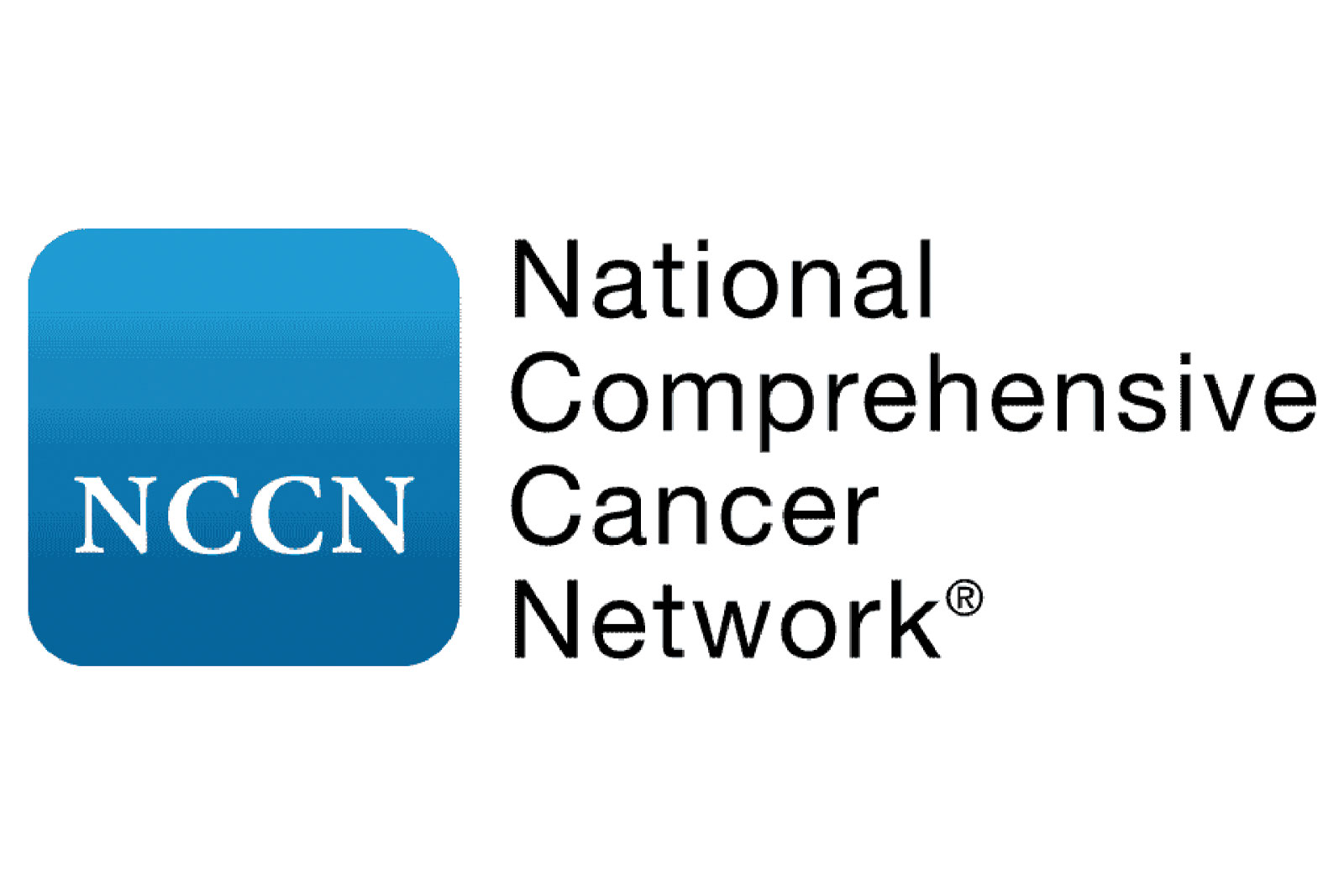The National Comprehensive Cancer Network (NCCN) announced the publication of new colorectal cancer (CRC) screening guidelines to ensure all patients and caregivers have an updated and accurate guide. The new guide breaks down various screening methods and clarifies any questions people may have pertaining to colorectal cancer and prevention.
Colorectal cancer is the fourth most frequently diagnosed cancer in the United States. Screening can reduce the rate of death from CRC, especially considering the COVID-19 pandemic—the NCCN has reported that reduced screenings are projected to lead to increased late-stage diagnoses.
Heather Matt, a four-year CRC warrior diagnosed at age 35, knows firsthand the importance of screening.
“I was diagnosed in January 2017,” says Matt. “At the time, I had a nine-month-old and a 2-year-old and had been married for about four years. Life was really busy; I was working full time in a hospital downtown in Philadelphia. [Life came to] a screeching halt when this all came about.”

Symptoms Matt had before diagnosis included more frequent bathroom trips and unexplained blood in her stool. She chalked these symptoms up to internal hemorrhoids from having babies back-to-back and was given treatment for internal hemorrhoids. Despite the treatment yielding no changes in her symptoms, Matt was busy working and being a mother, so she kept going on with life.
“Working in a hospital, I would have conversations with people who were in the know, and I made mention that nothing had really changed, and I still was having these experiences. They thought it would be good for me to come in and do an endoscopy and a colonoscopy,” Matt recalls.
While Matt was nervous about these procedures, she was also young, healthy and active. Colon cancer never ran in her family. Prior to her diagnosis, the typical CRC patient was older and the opposite of how Matt would describe herself.
However, in early 2021, the NCCN Guidelines for Colorectal Screening were updated to recommend screening begin as young as 45 years old for people at average risk. For people with symptoms, such as Matt, screening should start even earlier.
Matt underwent the procedures. “For those of us in health care, we know it’s never good to be brought into the room after a procedure. You want them to walk up to you and [say] everything’s good,” she said. “I was brought into a room with my husband and [the doctor] pretty much told me they saw a tumor in my sigmoid colon. She said, ‘I technically can’t tell you what it is, but you know, I’ve been doing this a long time. We’re pretty sure it’s cancerous. So we need to take some steps now to see what we want to do.’”
Matt was diagnosed on Jan. 30 with stage II T3 colon cancer and by Feb. 10 she was in surgery for a colon resection.
“They tell you [you’re supposed to be in the hospital for] a week. I was there for three days, maybe, and was lucky to not have a colostomy bag,” Matt says. “[I] did not have all the worst-case scenarios happen; it was actually the best that it could be.” She still sees her doctor regularly and undergoes colonoscopies every other year in accordance with NCCN guidelines.
Those few hours are well worth it to be able to have the rest of your life to look forward to.
“To hear those words [that I have cancer] is life changing. Especially having two small children—I still get a little emotional,” Matt shares. “It’s tough to hear because you don’t know what the end result will be.”
The NCCN guidelines are important to follow not only for patients’ physical health, but for peace of mind as well.
“I did go around to several different hospital systems to get second opinions, third opinions to make sure we were doing all the right things,” Matt explains. “Everyone seemed to line up with the same treatment. I didn’t know it at the time, but it was because of the NCCN guidelines [that] are important to know. It was the one thing that reassured me that I was making the right choices, because when you go to 3–4 different doctors and they all come with the same line of treatment, it’s like, ‘OK, I’m not questioning anything now.’”
“What the guidelines are showing now is to listen to your body [and] if there are changes, speak up. Doctors are informed now more than ever that we shouldn’t be brushing off small GI issues. We really should be addressing them full on. After a touch with any kind of cancer, I think the one thing you learn is to really listen to your body, but also to go to your doctor.”
The NCCN guidelines present easy-to-read language and a format that makes sure that patients who are seeking information can understand what’s most important. The guidelines also list symptoms that could be signs of colorectal cancer that people should look out for.
“Go for checkups,” Matt emphasizes. “Go for anything and don’t be afraid to ask for [doctors] to take it a step further, especially for something like a colonoscopy that might not be their first choice to do. It’s willing to be uncomfortable for a few hours, but those few hours are well worth it to be able to have the rest of your life to look forward to.”
For more information on the new NCCN Guidelines for Patients: Colorectal Cancer Screening, visit www.nccn.org.







